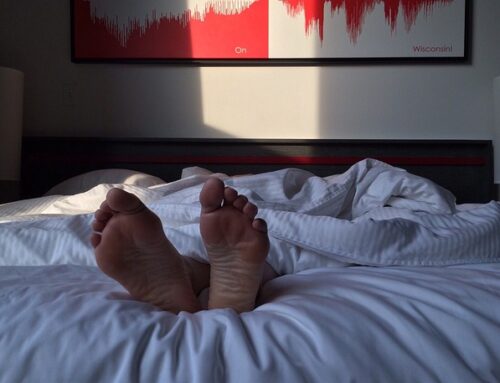When we think about teenagers, we often think that they sleep too much. However, in reality, this is not the case at all. Teenagers are actually not getting enough sleep, which can negatively impact their health and wellbeing–they struggle to get the recommended eight to nine hours per night.
According to the Centers for Disease Control and Prevention, about one-third of American adults don’t get the recommended seven hours of sleep per night. This might be because of their jobs or hectic schedules, including working long shifts and then having to take their kids to school every day of the week. To add to that, about 50 to 70 million Americans suffer from a chronic sleep disorder, such as sleep apnea, according to a study by the Institute of Medicine (US) Committee on Sleep Medicine and Research.
The benefits of sleep for our patients
There is an abundance of research out there that suggests sleep helps us perform a range of vital functions including:
- Restoring damaged tissues.
- Boosting learning.
- Improving memory.
- Flushing toxins from the brain.
Sleep can also help our patients to remain motivated throughout the day, while also remaining safe behind the wheel of a car. Too little sleep can also have serious consequences on our patients’ health, such as an increased risk for obesity, diabetes and cardiovascular disease.
A lack of sleep for teenagers
In the journal Pediatrics, a recent study highlighted the importance of sleep for teenagers. With such busy lives, teenagers often struggle to meet the recommended eight to nine hours of sleep a night. More than 800 teens participated in this study and only 2.2 percent got enough sleep. And less than half of participants achieved desirable rates of sleep efficiency, which is the percentage of total time in bed that they are actually asleep.
As a result, teens that missed out on key amounts of sleep were more likely to be obese and scored higher on several other risk factors for cardiovascular disease, such as high blood pressure. For teens who were able to sleep for longer and better quality, tended to have less fat around their waists, lower systolic BP and higher levels of “good” cholesterol. These were all signs of cardiovascular health.
We need to be on the lookout for various signs and symptoms in our teenage patients so we can take preventive steps. By understanding how sleep apnea can negatively affect their health, we can better care for our patients.




